28 October, 2024
Fertility and breast cancer: a complex link

As more young women are diagnosed with this disease, it is essential that they receive adequate information and support to make informed decisions about their treatment and future reproductive health. Fertility preservation options are evolving, and continued research promises to open new doors in this field.
It is crucial that care for women with breast cancer includes an open discussion about fertility and a multidisciplinary approach that addresses both their medical and emotional needs. With the advancement of medicine and research, there is hope for young women diagnosed with breast cancer to confront their disease with the possibility of having a family in the future.

Breast cancer: a global health problem

Breast cancer is one of the most common types of cancer among women worldwide. According to the World Health Organization (WHO), it is estimated that, in 2020, there were more than 2.3 million new cases of breast cancer diagnosed. Increased rates of early detection and more effective treatments have led to a significant improvement in survival rates.
However, breast cancer not only has a physical impact; it also affects patients and their families both emotionally and psychologically. For many young women, the prospect of having children is one of the most pressing concerns when faced with a cancer diagnosis.
Age and fertility

Female fertility declines with age, which means that women who are diagnosed with breast cancer at a young age may have a limited window to conceive. Many of these women are at a stage in their lives when they are considering or planning to start a family. The fear of losing the ability to become a mother can be as shocking as the cancer diagnosis itself. Women may experience an internal conflict between the urgency to begin cancer treatment and the desire to wait to preserve their fertility.
Impact of treatment and fertility preservation options

Breast cancer treatments, which include surgery, chemotherapy and radiation therapy, can have significant adverse effects on fertility. Chemotherapy, in particular, can damage the ovaries and reduce ovarian reserve (number of available oocytes), impairing future conception. In some cases, women may experience early menopause due to these treatments, preventing them from conceiving naturally.
Fortunately, there are several fertility preservation options that can be considered by women diagnosed with breast cancer.
One of the most common options is oocyte cryopreservation. This procedure involves stimulating the ovaries with hormones to produce multiple eggs, which are then retrieved and vitrified (frozen). This treatment makes the eggs available for future use in an In Vitro Fertilisation (IVF) treatment. It is important to mention that oocyte preservation does not guarantee a future pregnancy, as this depends on numerous factors such as the age of the patient at the time of freezing, the quantity and quality of the oocytes obtained, and other factors that depend on the embryos formed and the uterus to which they will be transferred.
If the woman has a male partner, she can opt for embryo cryopreservation. In this case the oocytes are fertilised with the partner’s sperm to form embryos, which will be frozen for transfer at a later date.
Nowadays it is possible to start ovarian stimulation to retrieve the eggs at any time during the menstrual cycle without the need to delay the start of oncological treatment in order to preserve the embryo.
Another option is ovarian tissue cryopreservation, although this is still considered an experimental treatment. It involves the removal of a portion of ovarian tissue to be frozen and stored. After the treatment is completed, the ovarian tissue can be re-implanted, which may allow for natural ovulation.
In addition to the aforementioned options, some women may consider using donated oocytes in the future. In this type of treatment, donor eggs are inseminated with sperm from the patient’s spouse, and the embryos generated are transferred into the uterus of the patient to achieve pregnancy.

The importance of multidisciplinary consultation

Considering the complexity of the decisions faced by women diagnosed with breast cancer, a multidisciplinary approach is essential. This involves collaboration between oncologists, fertility specialists and psychological counsellors. Such a team can provide the patient with a comprehensive view of her options and help her make informed decisions about her treatment and future fertility.
In this process, it is essential to be informed. Women should receive clear information about how treatment may affect their fertility and what options are available to preserve it. In addition, emotional support, through support groups or individual therapy, can be invaluable in helping patients manage their worries and anxieties.





Ariela Mata
CONSULTORA EN EMBRIOLOGÍA CLÍNICA

Back to blog
In other news

22 February, 2021
Pregnancy and COVID-19 vaccination
On 21st December 2020, the European Union authorised the use of the COVID vaccine. The use of this v...
[Continue reading ]8 February, 2023
Pregnancy after cancer
When we talk about cancer, we are referring to a silent disease that often presents itself without w...
[Continue reading ]


